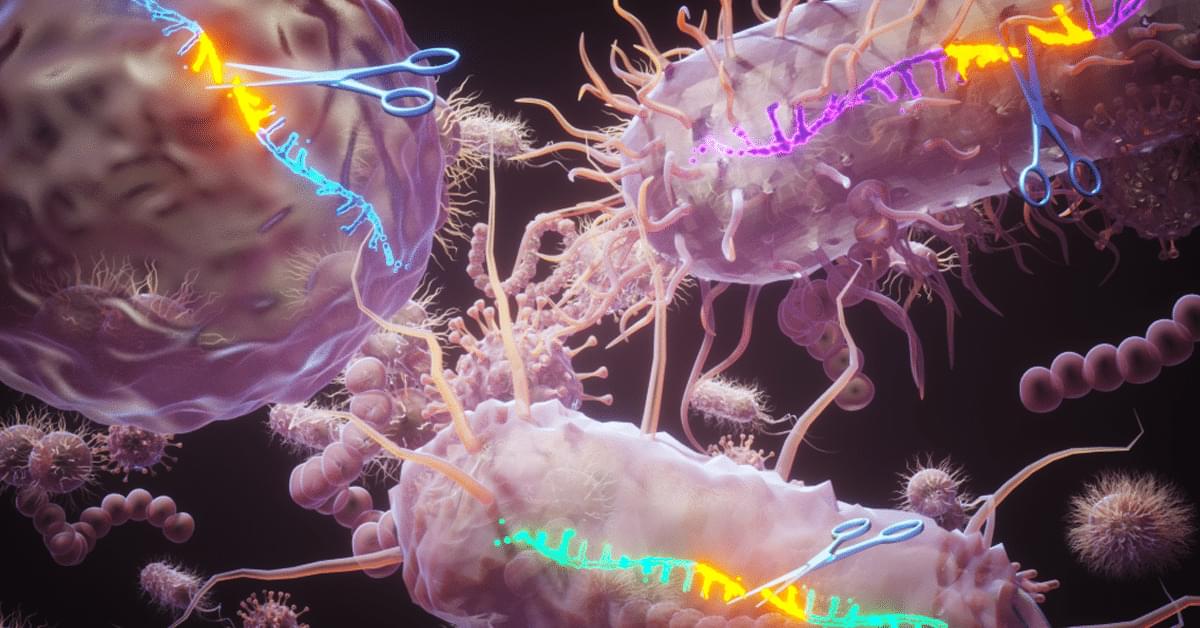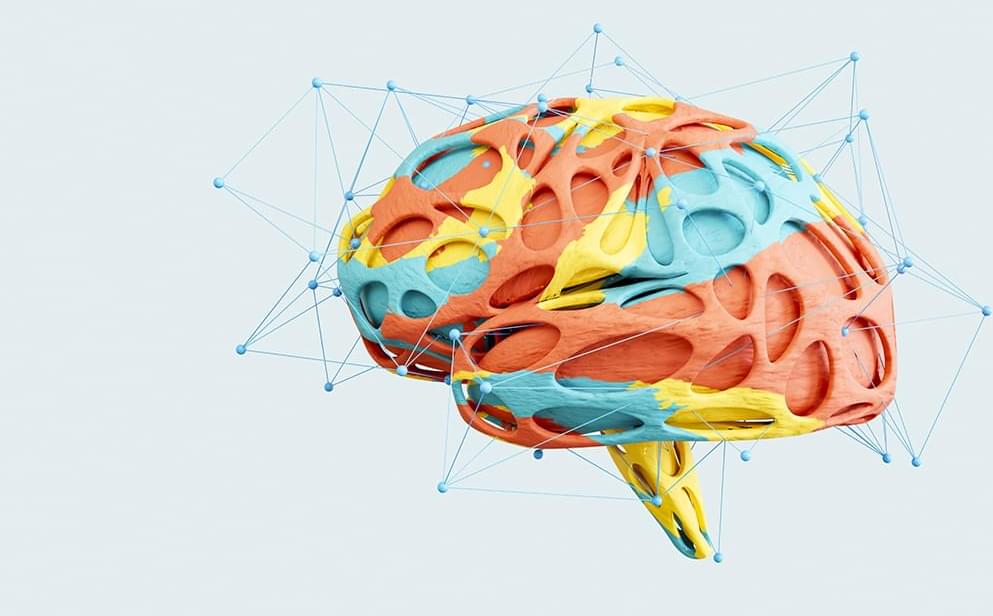An INRS team discovers a new family of enzymes capable of inducing targeted cuts in single-stranded DNA




IN A NUTSHELL 🚀 Venus Aerospace has tested a Rotating Detonation Rocket Engine, marking a milestone in propulsion technology. ⚡ The engine relies on supersonic explosions to generate thrust, offering higher efficiency than traditional methods. ✈️ The integration with the VDR2 ramjet could enable hypersonic vehicles to take off and land from conventional runways. 🌐




For centuries, philosophers and scientists have speculated about the mysterious connections between human minds. Now, new research in neuroscience suggests that our brains may be linked in a very real, physical way — through extremely low frequency (ELF) electromagnetic waves.
Neuroscientists studying brain activity have found that the human brain not only generates its own electrical signals but also emits faint electromagnetic waves at extremely low frequencies. These ELF waves, which typically range from 1 to 30 Hertz, are so subtle that they were once thought to be biologically insignificant. However, recent experiments show that these signals can extend beyond the skull and interact with the electromagnetic environment around us.
What’s even more remarkable is that similar ELF patterns appear across different individuals, raising the possibility that brains can “tune in” to each other through this shared frequency spectrum.


The US Food and Drug Administration (FDA) has approved Tonix Pharmaceuticals’ Tonmya (cyclobenzaprine HCl, formerly known as TNX-102 SL), a novel treatment form for fibromyalgia.1 The drug is now the first in a new category of non-opioid analgesics for fibromyalgia and the first new medication for this disorder in 15 years.
The FDA’s approval cited efficacy from 2 double-blind, randomized, placebo-controlled, phase 3 clinical trials of almost 1,000 patients that evaluated Tonmya as treatment for fibromyalgia. Across both phase 3 trials, Tonmya significantly reduced daily pain scores compared with placebo at the primary endpoint of 14 weeks. In these trials, a greater percentage of patients taking Tonmya experienced a clinically meaningful (≥30%) improvement in their pain after 3 months, as compared with placebo. Across phase 3 clinical trials with over 1,400 patients evaluated, Tonmya was generally well tolerated. The most common adverse events (incidence ≥2%) included oral hypoesthesia, oral discomfort, abnormal product taste, somnolence, oral paresthesia, oral pain, fatigue, dry mouth, and aphthous ulcer.
Psychiatric Times is the connection to Psychiatry and Mental Health, featuring clinical updates, expert views, and research news in multimedia formats.

The US FDA has granted De Novo marketing authorization for ArteraAI Prostate (Artera, Los Altos, California), a novel artificial intelligence (AI)-powered risk-stratification tool for patients with nonmetastatic prostate cancer.
The authorization means the digital pathology software tool is recognized as an FDA-regulated Software as a Medical Device, Artera explained in a press release.
De Novo authorization provides a marketing pathway to classify low-or moderate-risk novel medical devices. The De Novo authorization for this specific test establishes a new product code category for future AI-powered digital pathology risk-stratification tools and enables implementation at the point of diagnosis at qualified US pathology labs, the company said.
The test analyzes digital pathology images from patients’ biopsy slides to predict long-term outcomes, such as 10-year risk for metastasis and mortality. This can help direct treatment decisions.
The FDA’s De Novo authorization for the tool establishes a new product code category for future AI-powered digital pathology risk-stratification tools.